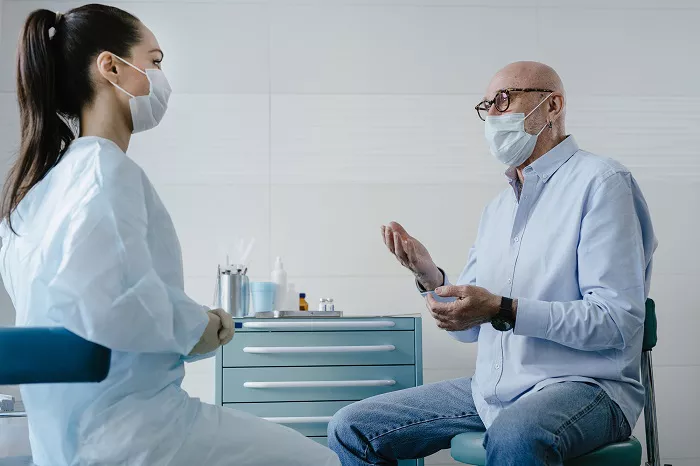Primary care is the first point of contact for patients seeking medical help. It includes general health check-ups, disease prevention, and treatment of common illnesses. But where does psychiatry fit into this? Is psychiatry a form of primary care, or is it a specialized field?
This article explores the role of psychiatry in healthcare. We will look at how mental health services function within primary care settings. We will also discuss the challenges and benefits of integrating psychiatry into everyday medical practice.
What Is Primary Care
Primary care is basic healthcare provided by doctors, nurses, and other medical professionals. It focuses on:
Prevention: Regular check-ups, vaccinations, and health education.
Diagnosis: Identifying illnesses early.
Treatment: Managing common health problems like colds, diabetes, or high blood pressure.
Referrals: Sending patients to specialists when needed.
Primary care doctors treat a wide range of conditions. They build long-term relationships with patients. This helps in managing chronic diseases effectively.
What Is Psychiatry
Psychiatry is a medical field focused on mental health. Psychiatrists diagnose and treat mental illnesses such as:
- Depression
- Anxiety disorders
- Schizophrenia
- Bipolar disorder
- ADHD
Psychiatrists are medical doctors (MDs). They can prescribe medications and provide therapy. Unlike psychologists, they have training in both mental and physical health.
The Overlap Between Psychiatry and Primary Care
Many mental health conditions first appear in primary care settings. Patients often visit their family doctor for symptoms like:
- Fatigue
- Sleep problems
- Unexplained aches and pains
- Mood changes
These symptoms can be signs of mental illness. Primary care doctors often handle mild to moderate mental health issues. They prescribe antidepressants or anxiety medications in many cases.
Why Psychiatry Should Be Part of Primary Care
High Demand for Mental Health Services
- Mental health problems are common. About 1 in 5 adults has a mental illness.
- Primary care doctors see these patients first.
Early Detection
- Many mental health conditions start mild but worsen over time.
- Primary care doctors can catch problems early.
Better Access to Care
- Many people cannot see psychiatrists easily. There are not enough mental health specialists.
- Integrating psychiatry into primary care makes treatment more accessible.
Holistic Health Approach
- Mental and physical health are connected.
- Chronic illnesses like diabetes or heart disease can worsen depression.
- Treating both body and mind leads to better outcomes.
Challenges of Integrating Psychiatry into Primary Care
Despite the benefits, there are obstacles:
Limited Training
- Many primary care doctors do not have deep mental health training.
- They may feel uncomfortable diagnosing complex psychiatric conditions.
Time Constraints
- Primary care visits are short (often 10-15 minutes).
- Mental health discussions need more time.
Stigma
- Some patients avoid talking about mental health.
- Doctors may not ask about it unless symptoms are severe.
Insurance and Payment Issues
- Mental health services are not always covered well by insurance.
- This makes it harder to provide full psychiatric care in primary settings.
Models of Integrated Care
To overcome these challenges, some healthcare systems use integrated care models. These include:
Collaborative Care
- A team approach where primary care doctors work with psychiatrists.
- Psychiatrists give advice but do not see every patient directly.
- Nurses or care managers help monitor patients’ progress.
Co-Located Care
- A psychiatrist works in the same clinic as primary care doctors.
- Patients can see both doctors easily.
Telepsychiatry
- Psychiatrists provide consultations via video calls.
- This helps rural or underserved areas.
These models improve access to mental health care. They also reduce the stigma of seeing a psychiatrist.
Conclusion
Psychiatry is not traditionally seen as primary care. But mental health is a key part of overall health. Many patients first seek help for mental health issues from their primary doctor.
Integrating psychiatry into primary care improves access and early treatment. It helps patients get the care they need without long waits or stigma.
The best healthcare systems treat the whole person—body and mind. Psychiatry should be a core part of primary care for better patient outcomes.
Related topics:
- Can Ketamine Cure Depression?
- Is L-Theanine Good for Anxiety? Exploring the Science Behind its Effectiveness
- Top 5 Inpatient Mental Health Facilities For Depression


